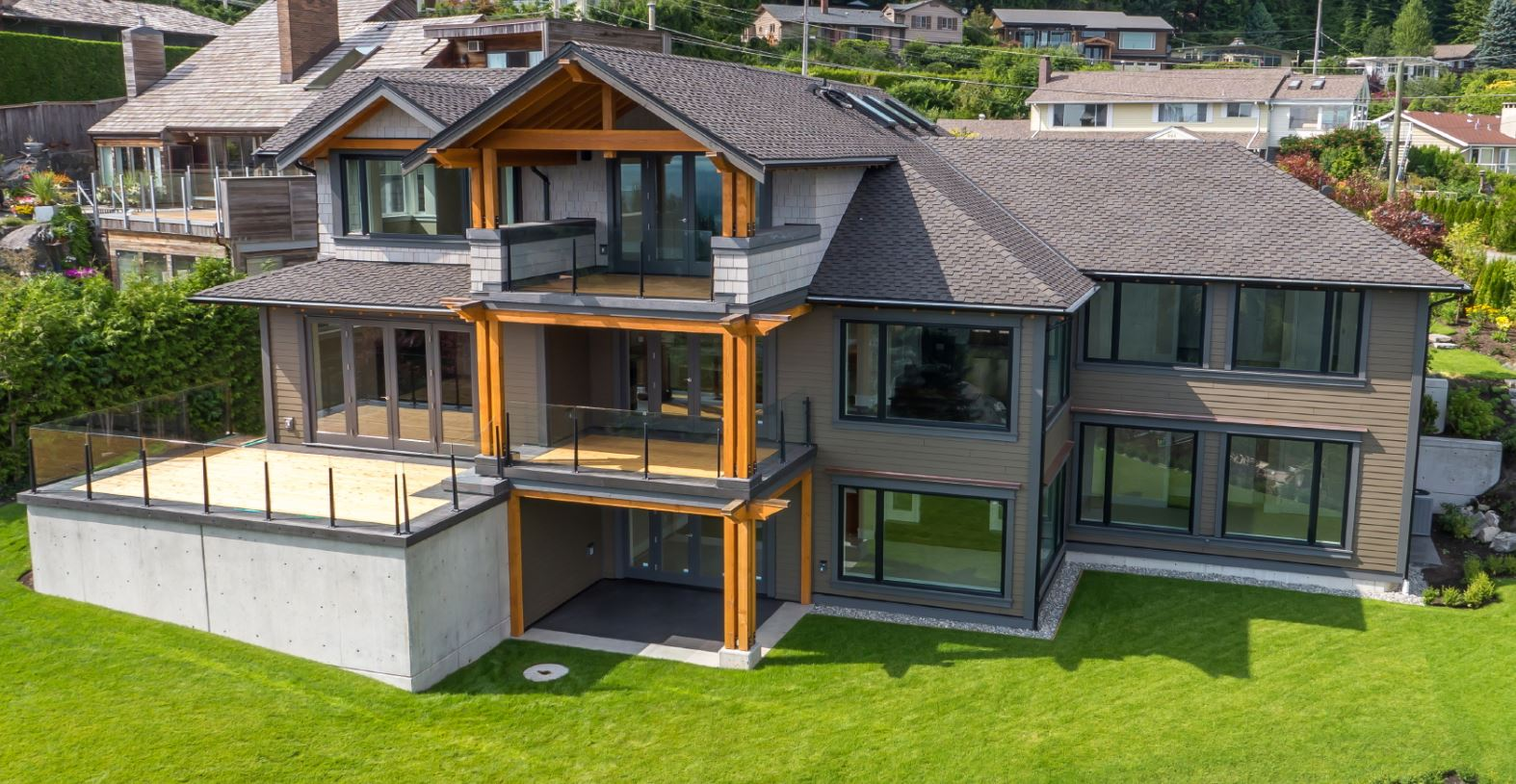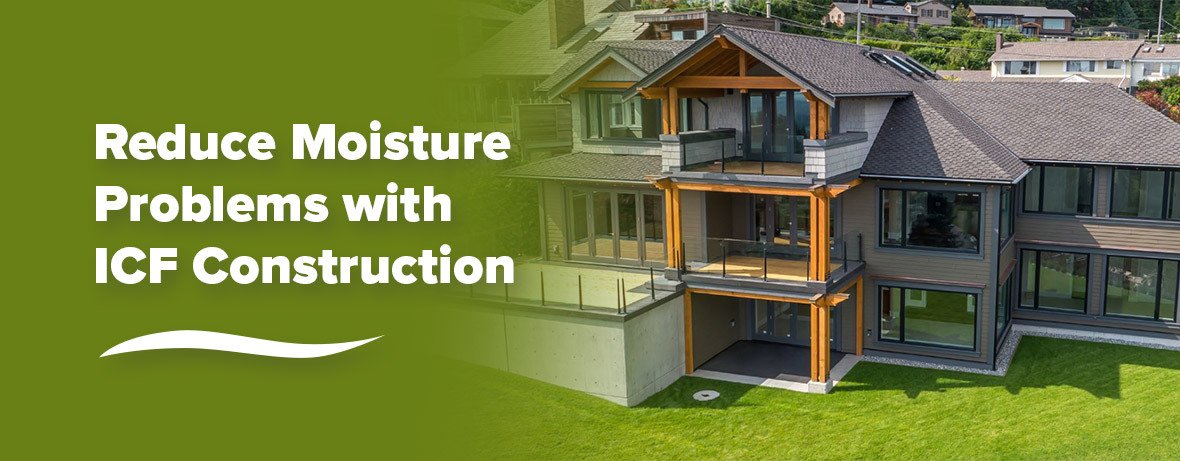
3-Story ICF Construction for Homes

Lock-and-Leave Home Design: How to Increase Your Free Time and Security
With so many homeowners looking for ways to cut back on their busy lives and enjoy more quality time with friends and families, the lock-and-leave home seems to be the perfect solution.

Build with Strength Coalition Partners with Habitat for Humanity International
Donated concrete will strengthen affordable housing, making it more resilient and sustainable.

16 ICF Modern Farmhouse Floor Plans and Design Ideas

Why Real Estate Investors Should Rebuild with ICF Instead of Fix and Flip
Real estate investors can limit the financial risks of fix and flip construction by demolishing the old structures and rebuilding with insulated concrete forms (ICFs).

ISLAND HARBOR CLUB CONDOS
The contractor needed a building solution that would provide a sustainable development that would stimulate the local economy and preserve the historic feel of the community. In addition to the environmental considerations, the commitment to private, energy efficient units was a selling point of building with Fox Blocks ICF.
Fox Blocks Recognized at 2013 ICF Builder Awards Projects from Five States Receive Awards
We are honored to be recognized with these five ICF Builder Awards. Fox Blocks won five awards in three categories, with projects from five different states.

Reduce Moisture Problems with ICF Construction
You can avoid stud-framing moisture problems by choosing a moisture-resistant insulated concrete form (ICF) foundation for your new home.

13 Must-Haves When Building a New Home
Building a new home offers you the opportunity to include the latest energy-efficient, durable, and sustainable products and methods, saving you money on monthly and long-term expenses.

Designing for Earthquake-Resistance in a Commercial Building
Commercial contractors and their clients are showing a greater interest in designing buildings that can stand strong during natural disasters. In their quest for fortified materials, more of them are turning to ICF construction.